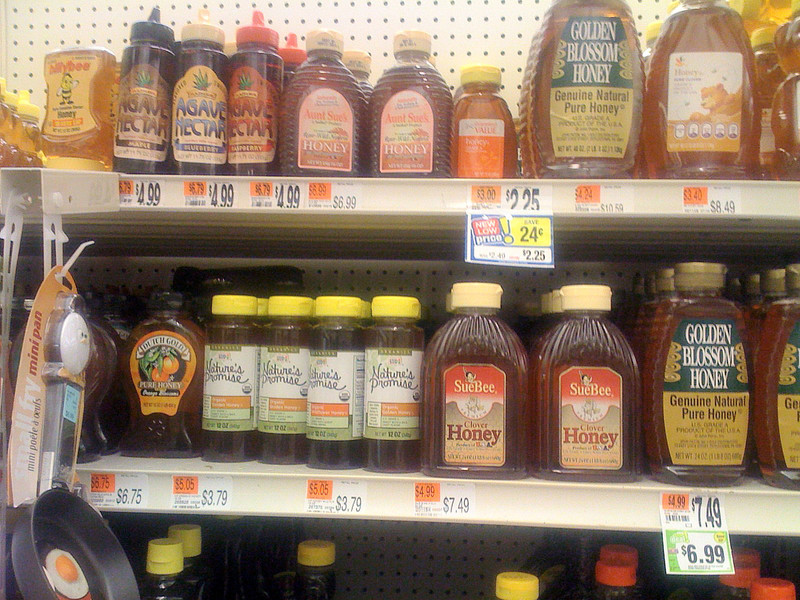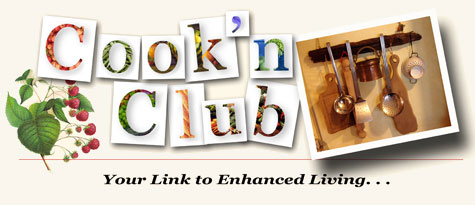More than three-fourths of honey sold in U.S. grocery stores isn't exactly what the bees produce, according to testing done exclusively for FOOD SAFETY NEWS (FSN).
Results show that pollen frequently has been filtered out of products labeled "honey." Removal of these microscopic particles from deep within a flower makes the nectar flunk the quality standards set by most of the world's food safety agencies (divisions of the World Health Organization, the European Commission and dozens of others).
And in the U.S., the FDA says that any product that's been ultra-filtered and no longer contains pollen isn't honey. The other important point? Without pollen there's no way to determine whether the honey came from legitimate and safe sources.
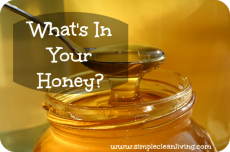 Knowing where your honey comes from is a BIG deal. Ultra filtering is a procedure where honey is heated, often watered down, and then forced at high pressure through extremely small filters to remove pollen, which is the only foolproof sign identifying the source of the honey. It's a technique refined by the Chinese, who've been illegally dumping tons of their honey (much containing illegal antibiotics) on U.S. markets for years.
Knowing where your honey comes from is a BIG deal. Ultra filtering is a procedure where honey is heated, often watered down, and then forced at high pressure through extremely small filters to remove pollen, which is the only foolproof sign identifying the source of the honey. It's a technique refined by the Chinese, who've been illegally dumping tons of their honey (much containing illegal antibiotics) on U.S. markets for years.
For instance, a typical example is Chinese honey contaminated with chloramphenicol and other illegal animal antibiotics (which are dangerous, even fatal) being shipped to Houston, where it was sold to jelly maker J.M. Smuckers and the national baker Sara Lee. By the time the FDA discovered the Chinese honey was tainted, Smuckers had sold 12,040 cases of individually packed honey to Ritz-Carlton Hotels and Sara Lee bakeries.
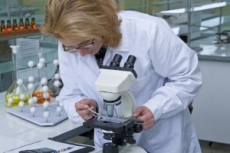 FSN decided to find out for themselves what's on the grocery shelves. They purchased 60+ jars, jugs, and plastic bears of honey in 10 states and the District of Columbia to run their own unbiased test. Contents were analyzed for pollen by Vaughn Bryant, professor at Texas A&M University, and one of the nation's premier investigators of pollen in honey. He found:
FSN decided to find out for themselves what's on the grocery shelves. They purchased 60+ jars, jugs, and plastic bears of honey in 10 states and the District of Columbia to run their own unbiased test. Contents were analyzed for pollen by Vaughn Bryant, professor at Texas A&M University, and one of the nation's premier investigators of pollen in honey. He found:
- 76% of store-bought samples had no pollen (TOP Food, Safeway, Giant Eagle, QFC, Kroger, Metro Market, Harris Teeter, A&P, Stop & Shop, and King Soopers).
- 100% of honey from drugstores (Walgreens, Rite-Aid, CVS Pharmacy) had no pollen.
- 77% of honey from big box stores (Costco, Sam's Club, Walmart, Target, and H-E-B) had no pollen.
- 100% of honey packaged in the small individual service portions from Smuckers, McDonald's, and KFC had no pollen.
- 100% of honey bought at farmers markets, co-ops and "natural" stores like PCC and Trader Joe's had the full, anticipated, amount of pollen.
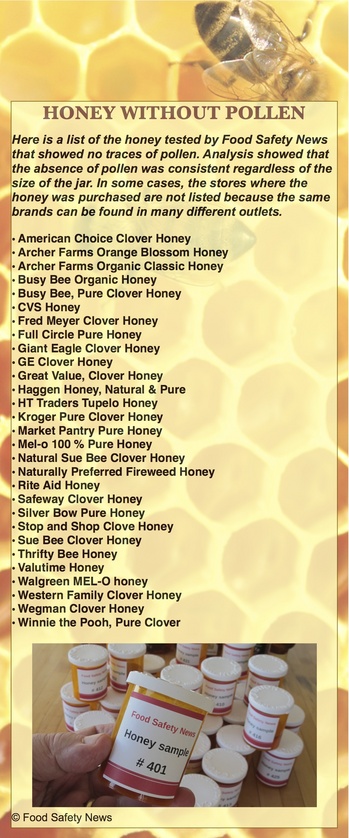
Pollen? Who Cares? Why should we care if our honey has had its pollen removed? Well, besides not being able to tell the source and quality of our honey, there are health and nutrition factors involved.
Nutritionists and food scientists all report raw honey has many medicinal properties. Stomach ailments, anemia and allergies are just a few of the conditions that may be improved by consumption of unprocessed honey.
But beyond pollen's reported enzymes, antioxidants and well documented anti-allergenic benefits, the growing population of natural food advocates just don't want their honey messed with.
So the bottom line? Until the FDA creates a federal "pure honey" standard, similar to what the rest of the world has established, be a savvy shopper and spend a little more to be sure you're getting the real deal—buy local honey from local bee keepers (found at your farmers' markets) and shop Trader Joe's.
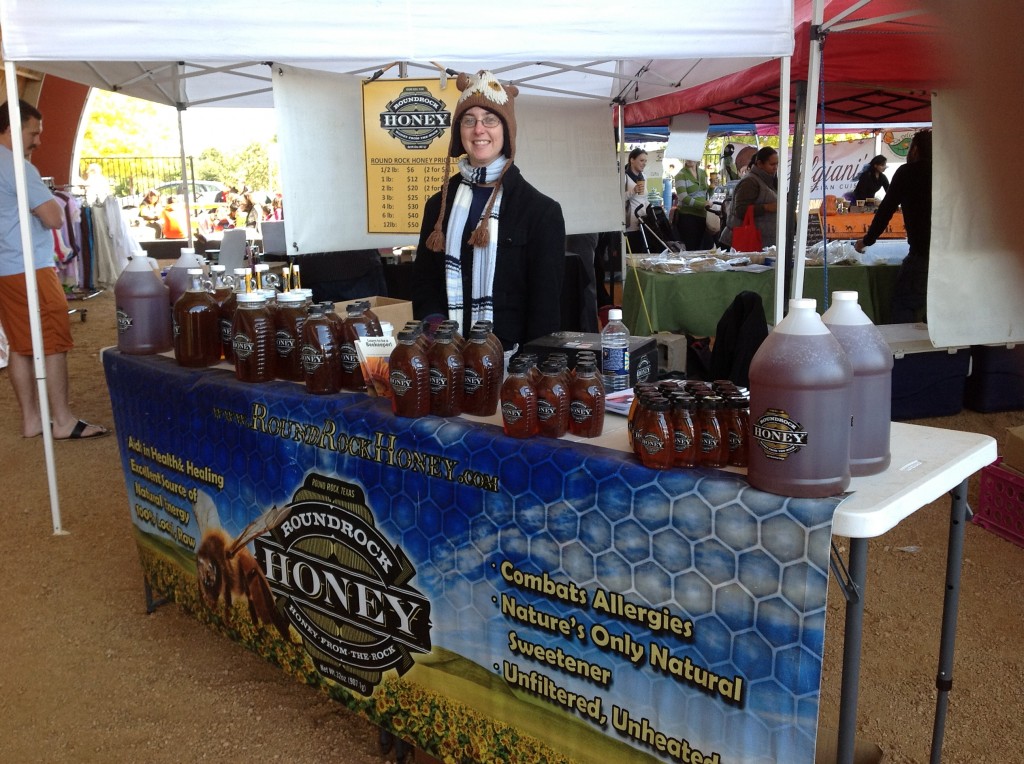
And a hot tip: Create a Product Resources chapter in your Cook'n 11 where you can list product names, where you can get them, and all contact information of the folks that sell them. For instance, I pick up lots of business cards from farmers' market vendors for food I love buying. Now I have an organized and convenient way to locate them when I need to!
- www.examiner.com
- www.simplecleanliving.com
- www.pehub.com
- www.foodsafetynews.com
- www.austinot.com

Alice Osborne
Weekly Newsletter Contributer since 2006

